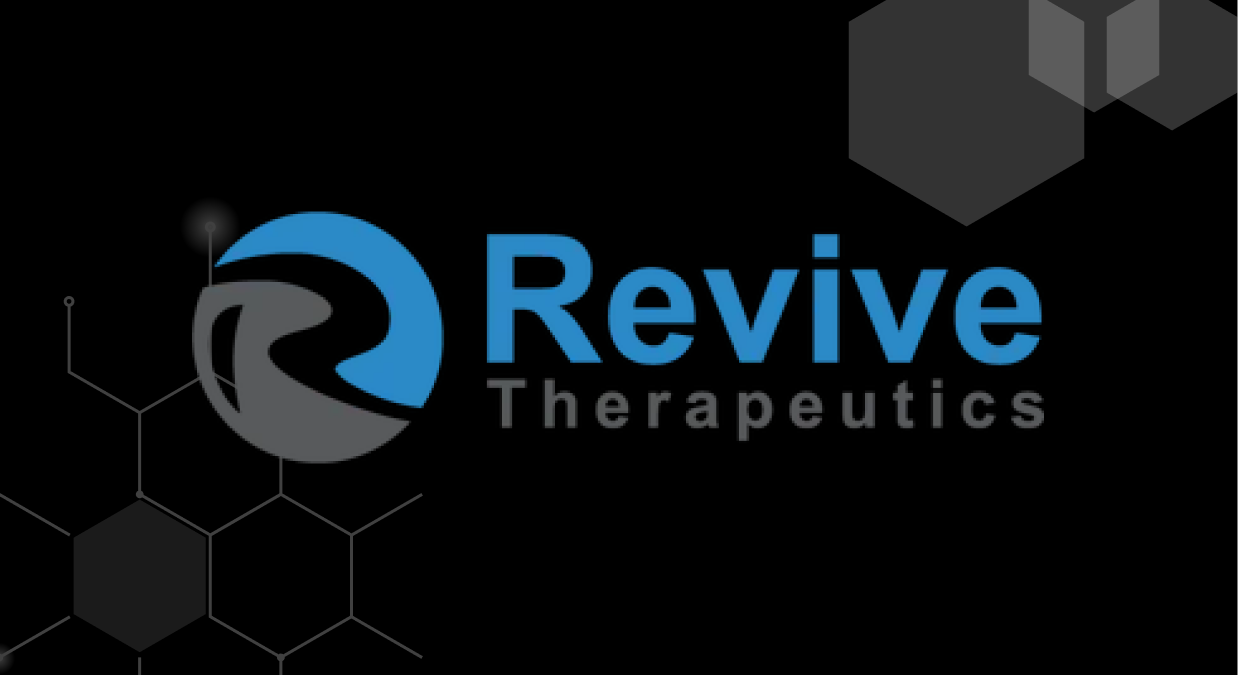Revive Therapeutics Announces Progress In Research Study Investigating Bucillamine’s Potential Against Effects Of Nerve Agent Exposure
Revive Therapeutics advances research on Bucillamine for nerve agent exposure, with study completion expected by June 2025.
Breaking News
May 13, 2025
Simantini Singh Deo

Revive Therapeutics Ltd., a specialty life sciences company focused on developing treatments for infectious diseases and medical countermeasures, has provided an update on its ongoing research into Bucillamine as a potential therapy for nerve agent exposure. The study is being carried out in collaboration with Defence R&D Canada “Suffield Research Centre”, which operates under the Canadian Department of National Defence. This partnership brings significant scientific expertise and resources to support the evaluation of Bucillamine.
The research aims to explore pharmacological compounds that could reduce brain injury caused by exposure to nerve agents. Following recent discussions with DRDC, the study timeline has been set, with completion expected by June 2025. The current focus is on analyzing GABA receptor antibodies and confirming data related to effect size. Should the results be positive, the project could advance to human clinical trials in the second half of 2025. These trials would be designed to support potential regulatory approvals from the U.S. Food and Drug Administration (FDA) and Health Canada for treating nerve agent and organophosphate pesticide poisoning.
The study is also exploring Bucillamine’s broader therapeutic potential in areas such as traumatic brain injury caused by concussion or explosive forces and complications from viral infections. Nerve agents are highly toxic chemicals that disrupt the nervous system and are often utilized in chemical warfare. Common examples include sarin, soman, tabun, and VX, all of which are present in some military stockpiles. Exposure to these agents, whether through warfare or accidental release, can lead to severe symptoms including chest tightness, excessive salivation, cramps, diarrhea, blurred vision, tremors, and even death.
Antioxidants like n-acetylcysteine (NAC) have shown promise in reducing seizure activity and enhancing the effectiveness of GABA-targeting drugs such as diazepam. Bucillamine, a more potent antioxidant than NAC, may offer improved seizure protection with fewer risks related to bleeding and anticoagulant effects that are sometimes seen with NAC.
The central goal of this research is to identify pharmacological strategies that protect GABA(A) receptors, which are crucial for the success of current anticonvulsant treatments. The study will evaluate Bucillamine and NAC for their effects on GABA(A) receptor endocytosis, the impact on diazepam’s ability to stop seizures, and any additional benefits for seizure reduction and survival.
